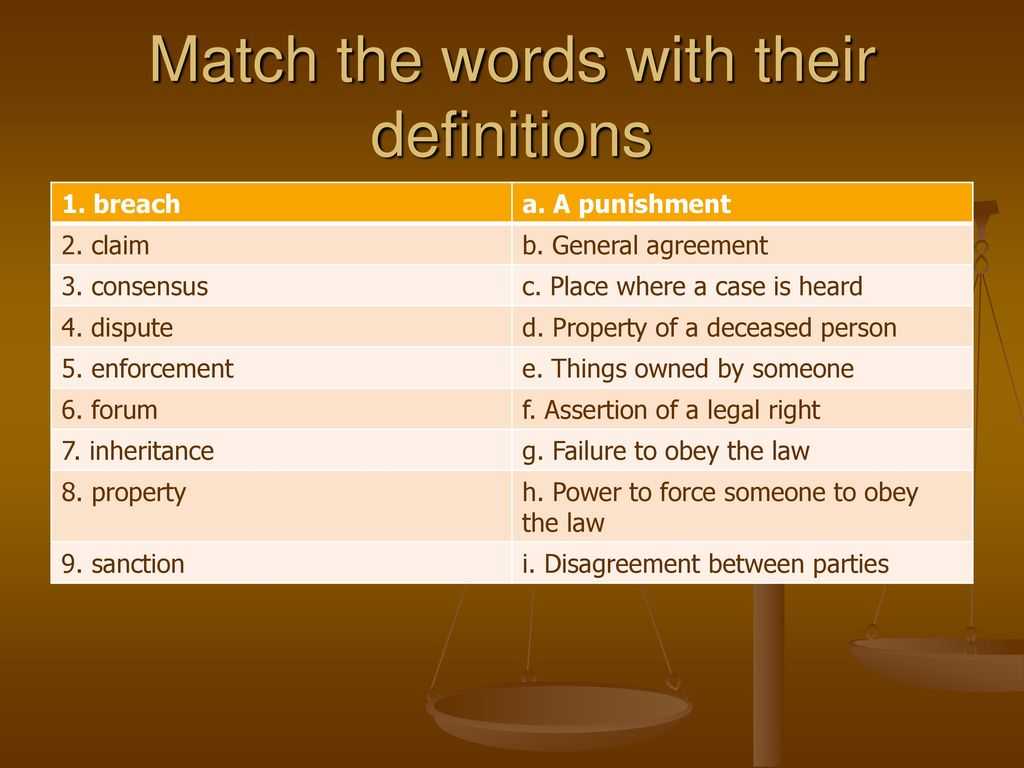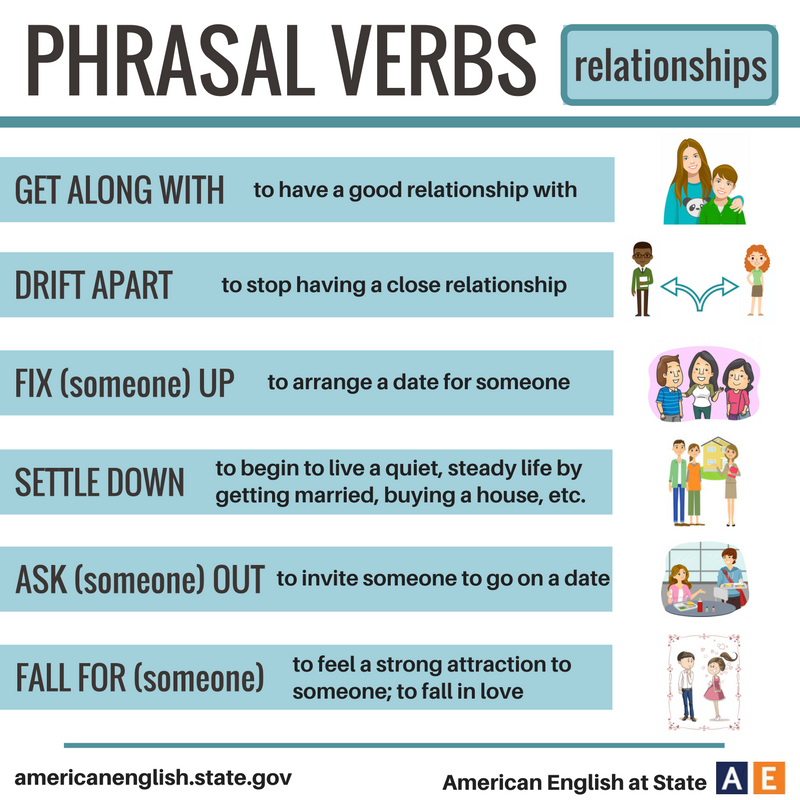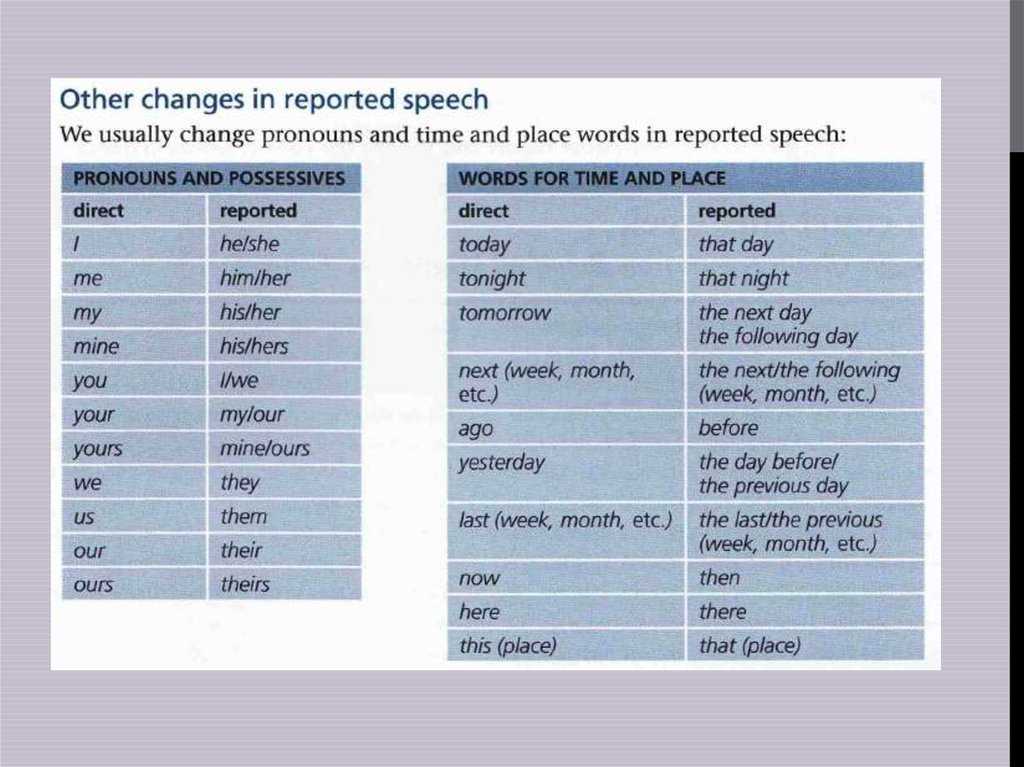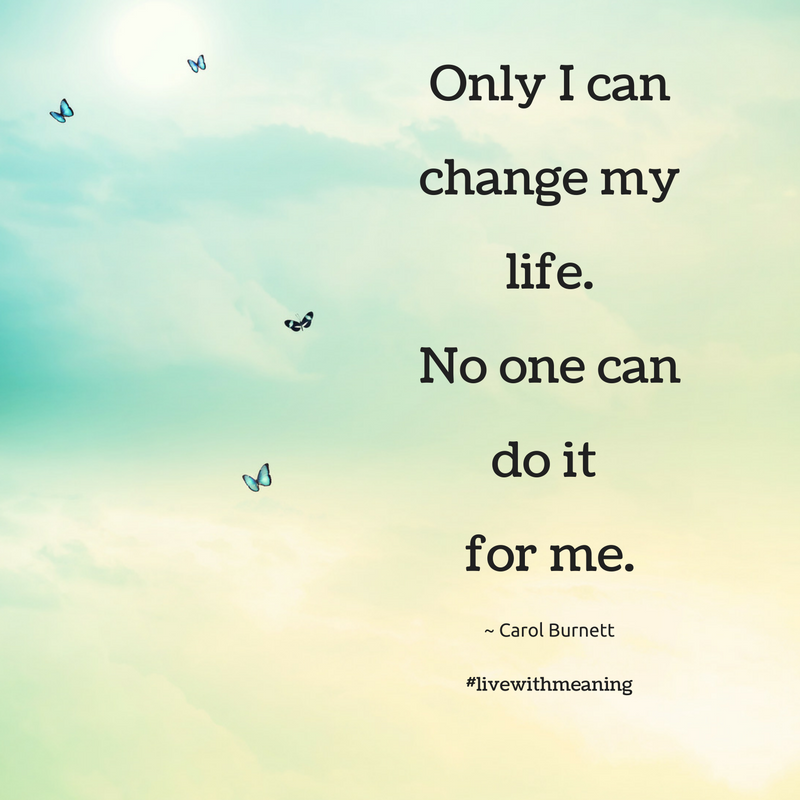Relationship problems because of opposite schedules
No More Relationship Problems Because of Opposite Schedules – The Other Shift
Share This With Your Mates!
229 shares
Disclosure: This page may contain affiliate links, meaning we receive a commission if you decide to make a purchase through our links, but this is at no additional cost to you. Please read our disclosure and privacy statement for more info.
Before we got married and whilst preparing for the big day as young 20-year-olds, a counselor told us that relationships are hard, require work and are all about compromise. We looked at each other and secretly rolled our eyes and giggled thinking “this will be a breeze”. Then shift work entered our lives!
Working opposite schedules requires planning and communication. Actively listen about your partner’s needs. Set aside times for in-depth and meaningful conversation. Organize date days/nights and never comprise on this. The little things do matter and know your relationship can thrive.
The challenges we face as shift workers may be different, but are no more stressful from those working 9-5. Sometimes you may feel like ships in the night with your partner but know plenty of people keep their relationship alive when working opposite shifts, whilst even enhancing it.
In case you’ve forgotten and never thought to understand the benefits of being a shift worker or having a rotating roster, check out a seperate article post reading this one on the 13 key advantages to shift work. It will provide you with plenty of reasons to embrace your roster.
Enough of the prologue and let’s get into why you’re here. We sat down as a couple, both working opposite schedules, and detailed the best insights into how we make our relationship work. We hope this helps you with any struggles you may be currently experiencing.
Actively ListenAre you hearing or listening? A great question that does require some thought.
Being an engaged and purposeful listener boosts relationship confidence and produces trust and report, whilst also working as a stress aid. I know that sometimes, I just need Dan to sit and listen for a little bit whilst I produce a verbal barrage. Just having him respond after it with a small question, helps me decompartmentalize what’s on my mind.
Becoming an active listener does take work, so check out this article for some tips. However, the benefits go way beyond your relationship and simply being nice or attentive to whoever is speaking.
As your competence as a listener grows, so will your confidence, and you can reap whole range of other benefits outside the relationship too.
Set Aside Time to Talk About the Serious Business Between Shifts
There are times when you need to discuss a leaky tap, the latest bill or simply need to get something off your chest. Don’t be scared to spend the precious time you have together with a conversation that needs to be had. A build up of issues or what’s on your mind prevents little things from becoming huge problems down the track.
A build up of issues or what’s on your mind prevents little things from becoming huge problems down the track.
We really liked this couples article, where they have a weekly “Bae-Sesh”, which they set aside an hour to speak their minds in a judgment-free space. It allowed the couple to feel heard and respected. It avoided larger conflicts, helped them actively listen, whilst bonding and feel closer to each other.
Not everyone needs to spend 60 minutes on this conversation, so find what works for you. The key message here is to stop and make sure items that are important to either person in the relationship are provided the airtime they deserve.
Find Communication Methods That Work
The communication method is the enabler, but you cannot forget what we have listed earlier in this article. So the sections on active listening, setting aside time to talk and communicating regularly are what trigger this section.
But there’s a reason this goes in here – we are new age people!
Gone are the days where I can’t speak to my partner when we’re not in the same company. I’m sure one half of the relationship thought calling on the work phone was cool, until your partner got in trouble for taking personal calls in the workplace!
I’m sure one half of the relationship thought calling on the work phone was cool, until your partner got in trouble for taking personal calls in the workplace!
So what’s available to use now to share a message on how much we love our other half?
Have you ever left a sticky note on the fridge for when your partner gets home from work? Have you sent a text message just saying how much you appreciate “you being you”? Shared an emoji blowing kisses?
I really enjoy it when Dan writes a note in my lunch bag – it also triggers me to connect with him just before he goes to bed when I might be working night shift.
There are plenty of communication methods that help when time is spent apart. Don’t be afraid to use technology to its advantage and think outside the square with places you can leave your other half a note.
Put Down Your Device
I find it interesting writing this, as how society has changed over the years. Being present with your partner can’t be achieved, when you’re connected to others via a device.
Putting down your phone, closing the computer screen and turning down the TV when your partner gets home is a must.
We understand you may be in the middle of an important email or at the best part of the movie but it can wait. Think of the message you send the other person, who should be the most important in your life, that what you’re doing on the device doesn’t warrant you to stop and say hello.
When spending time together, be conscious of how often you go to your phone.
It’s ok to just sit there together and say nothing or look at each other. You don’t always need to be connected to the outside world. I can assure you it will deepen the quality of time spent together and your overall relationship.
Related: Working 2nd Shift With a Family: How to Remain a Solid Unit
Intimacy is a Must
Intimacy involves feelings of being emotionally close and connected with someone else. Having an intimate relationship can be characterized by an attitude of mutual trust, acceptance and care.
However, intimacy is just not physical, it’s also emotional.
We found this great explanation; emotional intimacy doesn’t automatically occur with sexual intimacy either, as people who are sexually involved may not choose to share their innermost thoughts and feelings or the sexual relationship might be one where there is not a high degree of emotional intimacy (source).
This is why other sections in this article count. Your only time shared together can’t be spent making the bedroom all hot and steamy.
The final part to this – don’t be scared to book it in. Having sex doesn’t always have to be a spur of the moment thing. It’s ok to say that on Thursday night, we are going for it!
It could be an exciting moment that one person looks forward to when getting home from night shift, whilst “morning glory” applies for the person just waking up.
Book in a Regular Date Day / Night
Date nights can; provide an opportunity to communicate and deepen ones relationship, they strengthen or rekindle that romantic spark, strengthens a couple’s sense of commitment to one another, are a way to relieve stress from ordinary life and couples who engage in novel activities find higher levels of relationship quality (source).
So it could be a fancy dinner, trip to the movie theatre or even the chance to try something new, say a hike or checking out the latest comedy show in town (nothing beats a few big belly laughs).
Watching Netflix at home can be ok once in a while, but getting away from the household helps with making the event feel special. Whatever you decide is best, have a laugh, relax and make it special.
The Little Things Do Matter When Working Opposite Shifts
This is your chance to bring a big smile to your partners dial. It doesn’t mean showering them with rose petals (you can if you want to though!), but more an opportunity to show your thoughtful self.
Think about leaving a corny note. What about doing your other halves least desirable household chore?
Dan has found my personal favorite – jumping into bed on a cold winters night and finding a hot Lavender Flower Heating Pad Bag (this is the one we have from Amazon and it amazing) under the covers.
When sleeping alone, I find jumping into a warm bed so soothing and comforting and puts me to sleep right away.
Respect Each Others Sleep Cycle
I have to be honest here, there was a discussion in our household about the level of noise when the other half is sleeping.
Dan is an extremely light sleeper and I’m a tad heavy-handed and footed, so when I would get home from night shift, I may have been a tad noisy getting ready for bed.
The importance of 7-9 hours of quality sleep is critical for ones mental and physical health. Sleep must be respected and prioritized in your relationship – even if you want to debrief from your shift, got something important to share or you’re feeling a little frisky.
If you are struggling with sleeping, check out these articles we’ve written on how to make the most from your zzz’s:
- Can’t Sleep After Night Shift? 13 Weird Tips That Actually Work
- How to Fall Asleep Quickly Even When You’re Not Tired
- 10 Must Have Night Shift Sleep Aids for a Heavenly Sleep
Your bedroom must also be conducive to sleep. If you’ve not seen our article on shift work bedroom ideas, this will provide you with plenty of tips to making your bedroom a sleep haven.
If you’ve not seen our article on shift work bedroom ideas, this will provide you with plenty of tips to making your bedroom a sleep haven.
Spontaneity spices up your life
The feeling I get when Dan comes out and says “I’ve got a surprise for you”, works wonders in our household.
Being a girl, positive surprises bring out a range of emotions and thoughts. It makes me feel like he’s been listening to me and really is connected in our relationship. Negative surprise have the opposite effect, but that rarely happens nowadays and when it does, we talk about it.
Now naturally, some people don’t like surprises. However, science suggests that surprise enacts a strong neuro alert that tells us that something is important about this moment and we have to pay attention – your attention is completely frozen in that moment (source).
So even if your partner typically doesn’t like a surprise (think being scared or a surprise birthday), positive spontaneity of any kind demonstrates a connectedness between you both that grabs the attention of both parties – a must when you might not spend as much time together as others.
Find a Hobby
When working opposite schedules, you’ll find that you spend more time on your own. A great way to keep yourself distracted is to find a hobby.
Obviously mine is the blog – I love it! Dan also helps on the blog, but on the other hand loves his basketball coaching and helping the community.
Without those two things keeping us busy, we’d most likely find our minds wandering into areas that aren’t productive for our relationship.
Always make sure that your hobbies don’t impact your time together and if you can find something that you both have interest in and works for both schedules, jump in it together. This is where the website has been great for us!
If you are looking for some ideas on things to do, feel free to check out these other posts from us;
- 50 Shift Work Wife Ideas Every Lady Should be Embracing
- How to Stop Feeling Lonely When Your Partner Works Nights
Struggling With Sleep?
For the ladies out there, check out this article on How Can I Sleep Without My Boyfriend? It provides great tips on handling your emotions and sleep quality when your other half is not around.
Summary: No More Relationship Problems Because of Opposite Schedules
It is possible to keep your relationship alive when working opposite shifts.
If you or your partner are new to shift work, it can be a rude shock but you will find your rhythm and each other again very soon. We promise!
Start following and implementing our advice and you will feel closer than ever to your partner in no time.
Now we might not have everything that works for all people, so we’d love to hear what you do stop relationship problems because of opposite schedules? We would love to share your ideas with our community and even try them for ourselves!
Please leave a comment below and subscribe to our email list to make contact.
Cheers,
Disclosure: This page may contain affiliate links, meaning we receive a commission if you decide to make a purchase through our links, but this is at no additional cost to you. Please read our disclosure and privacy statement for more info.
Tweet
Recent Posts
link to Is The Night Shift Differential Worth It?Is The Night Shift Differential Worth It?
Could there be more money on the table? Who wouldn't be excited about that thought of that! If you’re here, chances are you’re either considering night shift or have been working the night shift...
Continue Reading
link to Can Working the Night Shift Cause Anxiety?Can Working the Night Shift Cause Anxiety?
Many night shift jobs are found in highly stressed industries. Add in the disruption to your circadian rhythm and that stress can grow into more serious health complications, one of which can be...
Continue Reading
Figuring Out Relationships with Different Work Shifts
Having unusual working hours is really not that unusual..png)
A 2017–2018 survey from the U.S. Bureau of Labor Statistics reported that around 16% of workers had work shifts outside a regular daytime schedule.
That number has likely grown in response to pandemic job losses with government shutdowns and many industries — such as food and beverage, hotel, and retail — seeing cuts in services, and thus employees.
At the beginning of the COVID-19 pandemic, many people lost their jobs. Unemployment rates climbed to 14.7% by April 2020.
As a result, some people took on shift work that offered odd hours or shifts that put them on the clock for hours without a break — just to be able to bring home a paycheck again.
Shift work can put a strain on personal health and lead to burnout. It can also affect your relationships since folks have less time to work through issues or spend quality time together.
Here’s how you can maintain and boost your bond while working opposing schedules.
R-E-S-P-E-C-T your partner’s sleep
So, your partner has been gone all day, and now that they’re home, you want to spend time with them and not watch them sleep on the couch.
As hard as it is to lose time with them, it’s important to remember that they need to sleep, just like you do.
Sleep has been a constant focus in research, looking into how restorative sleep is and how a lack of sleep can affect your physical and mental health.
An older study in 2007 even found that people with chronic insomnia may have a higher chance of developing anxiety disorders.
In the long term, you’re helping support their mental health and well-being by letting them sleep. In the short term, they’ll be in a much better mood when they wake up rested — and a lot less like one of Snow White’s seven companions: Sleepy, Dopey, or Grumpy.
Practice active listening
We’re all guilty of “listening” to our partners while actually being distracted by our phones. This even has a name — phubbing — meaning to snub someone with your smartphone.
Sure, you may have heard what they said, but you probably can’t remember specific details, or entire gaps of the conversation are missing while half your focus was on your phone or another screen.
When you don’t actively listen to your partner, it can send a nonverbal message that what they’re saying doesn’t beat whatever your phone has to offer. Not only can that lead to your partner feeling unsupported, but by not hearing them out, you might miss an important clue to how they’re feeling beyond their words.
A 2020 study on phubbing in married couples suggests that this behavior has negative effects on the mental health of spouses, including issues with compromise, avoidance, and separation.
It can help to make a practice of putting down your phone, clearing out distractions, and actually taking time to listen to what they’re saying.
Call, text, or share GIFs or memes during a break
If the time you get to spend with your partner is limited, try squeezing in additional bonding moments whenever you can. There may be more opportunities than you realize.
Break times during your shift can feel very short, but rather than doomscrolling and ramping up your anxiety, you could call your partner for a few minutes of connection.
You might also try making a plan for a fun activity for when you get home and let them know you’re thinking about them — even if it’s just for 10 minutes.
Taking a break from your day to talk with your partner can activate all the right love hormones in your brain, which can strengthen your bond and improve your mood.
Frequent emotional check-ins that emphasize quality versus quantity
The biggest reward of being in a committed relationship is being able to spend time with your special someone. But how can you maximize what little time you have together?
Talk with your partner about when the two of you can really connect and spend time together.
After a stressful day apart, it’s easy to spend “together time” checking your personal email, texting your family back, or reading the news. But these individual tasks all take time away that could be spent with your partner.
Try to find activities you can do together.
It doesn’t have to be sunset beach strolls or kissing over a plate of spaghetti. You two know exactly what your perfect moments together look like, so make those quality encounters happen — even if the quantity of hours is limited.
You two know exactly what your perfect moments together look like, so make those quality encounters happen — even if the quantity of hours is limited.
And if you don’t know, ask your partner for a wish list!
Plant “easter eggs” of love
Our daily routines can be pretty predictable. Try to take advantage of this predictability by inserting signs of your affection into their routine.
For example, if they always leave their keys in a bowl by the door, you could leave notes on a candy bar in the bowl.
You might sneak a love letter into their lunch, or set a calendar reminder with an encouraging message to go off on their phone at the start of each shift.
By leaving them little reminders of you (and your love) throughout the day, it will feel like you’re with them, even when you’re not.
Schedule and start a timer for “business talk”
Finances can be a real source of stress and anxiety in a relationship. In fact, a 2019 survey from Capital One CreditWise found that 73% of those surveyed ranked their finances as a significant source of stress in their lives.
A healthy discussion about your finances is really important, but that doesn’t mean it needs to be the only thing you talk about.
You can set aside a designated time to talk about “the hard stuff” and try to stick with a specific time to end the conversation.
Being able to discuss harder topics will alleviate some pressure, but dwelling on the negative for too long can diminish your limited time together.
Neither you or your partner wants to associate time together with nonstop stressful topics. So when the time goes off, put the budget away and do something you both enjoy more.
Remember, distance makes the heart grow fonder
You can make the most of your time apart by discussing your plans for being together again.
You can opt to send your partner a little message about how much you miss them and what you plan to have for dinner when they get home. If you both can work to playfully miss each other when you’re apart, it will likely make every reunion more satisfying.
Being in a committed relationship means that you’re choosing to be with that person long term, and being apart can feel like the opposite of your goals as a couple.
It’s important to pause and let your partner know that they’re still a priority in your life.
Even if you can’t always be with them because of work, they’ll hopefully find comfort in knowing that you’re thinking about them and want to be with them — even from far away and at all hours of the night.
What to do if you and your loved one have different views on life
November 5 Relationship
It will be difficult. But separation is not necessary.
What differences can lead to conflicts? Or you have been living together for a long time, but a person suddenly changes his point of view on an important issue for you, and the relationship turns into a battlefield. The reasons for discord in general can be anything, but we will note the most frequent and serious.
 nine0003
nine0003 Finance
According to opinion polls, 16% of Russian couples quarrel because they cannot decide who manages the finances in the family. Money becomes the basis for conflict even more often than infidelity or problems with sex, and Russians consider poverty to be the main reason for divorce.
In an ideal world, couples would discuss such issues at the dawn of a relationship and either seek a compromise or break up in order to find a person with similar views. But in reality, they rarely talk about money, being afraid to spoil the romance or seem mercantile. As a result, many problems, such as loans, the desire to single-handedly manage money in the family, various financial goals, are revealed when people have already begun to live together or get married. nine0003
Get ready 💰
- 7 financial mistakes that can destroy your relationship
Life
Almost a quarter of Russians swear because of the distribution of household chores. Household work still falls mainly on women, although 9 out of 10 housewives surveyed would like their husbands to help them more. An equal division of labor could increase satisfaction and happiness in couples. nine0003
Household work still falls mainly on women, although 9 out of 10 housewives surveyed would like their husbands to help them more. An equal division of labor could increase satisfaction and happiness in couples. nine0003
Different views on food, cleanliness and order, the general level of comfort in the house can also be a cause for disagreement.
Gender stereotypes
If the views in a couple coincide, for example, you both adhere to the patriarchal model of the family and believe that the man is the leader and the woman is the follower, then you are unlikely to have conflicts on this topic. But when partners are on opposite sides of the barricades, there will be many reasons for quarrels.
Children
Someone doesn't want to have children at all, and someone plans at least three. It is better to find out about the partner's views on this matter before you start a family. And even if your opinions coincide here, many difficulties may lie ahead. To teach a child to read from the age of two or from five, to send him to football or dancing, and how to educate him in general? In search of answers to these questions, you can break a lot of copies. nine0003
nine0003
Find out 👶
- Why it's okay to be childfree
Bad habits
A heavy smoker and someone who can't stand the smell of tobacco will find it difficult to get along together. The same goes for other bad habits. It seems that people with very different lifestyles should not get along, but the reality confirms the opposite. As a result, drunkenness causes quarrels in 6% of respondents, and in 7% of cases leads to a break. nine0003
Politics
Different political views (one of the partners is a conservative, the other is a liberal, one supports the current government, the other supports the opposition) may well be a reason for swearing. This is exactly what happened to 3% of the respondents. And 5% completely broke off relations with someone close due to a mismatch of positions.
Religion
This is one of those areas where you can successfully avoid conflicts for quite a long time. But if an atheist and a believer (or representatives of different faiths) decide to get married and have children, then talking about weddings and baptisms can pretty spoil their mood. nine0003
nine0003
What to do if you are very different
Due to the discrepancy between personal interests and outlook on life, according to VTsIOM, 12% of marriages are destroyed. Another 32% of respondents because of this quarrel with their soul mate. It may seem easier not to ally with a person who has a different view of things that are important to you. But different views are not a reason to bury a relationship. Here's what you can do.
Recognize that you are different and that's okay
Each of you has the right to hold your chosen views. Differences of opinion do not mean that one of you is better or worse, and does not make you enemies. Although it can be difficult to accept: because of the traps of thinking, we divide people into ours and others, and we treat the latter with prejudice. nine0003
Understand 🤔
- Why do we divide people into insiders and outsiders and can this be changed? Perhaps there are questions that are very important to you.
 For example, you are a man with a patriarchal upbringing and a relationship with a feminist is unacceptable for you. Or you are childfree, and your partner dreams of children. nine0003
For example, you are a man with a patriarchal upbringing and a relationship with a feminist is unacceptable for you. Or you are childfree, and your partner dreams of children. nine0003 If no one is going to change their minds or give in, perhaps the relationship is really better to end, otherwise it will turn into a series of conflicts. And if you are still ready to work on yourself and look for compromises, you should give your couple a chance.
Think of a strategy
- Draw a circle of painful topics.
- Agree that you will not devalue and criticize each other's views and principles, and try to avoid hurtful jokes.
- Do not try to convince each other. nine0020
- Decide what you will do in case of a direct clash of views, what concessions each of you is ready to make.
In practice, everything will depend on the specific situation. Let's say that conflicts in a couple arise because of the division of household duties. No one wants to mop the floor or cook and dump everything on someone else.
 If you calmly discuss the problem, several options are possible.
If you calmly discuss the problem, several options are possible. For example, you and your partner make a schedule and do all the things in turn. Each of you can also choose tasks that are given to him better than others (or just not so annoying) and thus share all the responsibilities. One cooks, the other buys groceries and washes the dishes, one puts things in order on the shelves, the other vacuums. Finally, you can draw lots: who washes the floor this week, and who wipes the dust and does the laundry. nine0003
When you should not endure
In some cases, it does not make sense to maintain a relationship. Here are the signs that psychologists distinguish.
- You quarrel again and again, despite all the agreements.
- Mutual irritation in a couple increases.
- You don't talk to each other about problems.
- You insult and devalue each other.
- Some of you do not agree to any compromises and refuse to smooth things over.

- One of you is persistently trying to change the other. Agitates, reproaches, manipulates. nine0020
Be that as it may, only you can decide the fate of your relationship. Any advice should be food for thought, not a guide to action.
Have you ever been in a relationship with a person whose views were very different from yours? Share your story in the comments.
Read also 👩🧡👱♂️
- What is braincrambing and how to understand what your feelings are playing
- What to do if someone cheated on you
- 5 rules of family life that you can break
- 21 signs that your relationship is going to hell
- 3 game theory tricks that will improve your love life
Life without love: 70% of unmarried young Japanese are not romantically involved 34 years unmarried, 70% of men and 60% of women are not in a romantic relationship. Compared with the results of such a study conducted 5 years ago, this number has increased by more than 8% among men and by more than 9% among women, which shows the rapid growth of that part of young people who, for various reasons, do not enter into relationships with the opposite sex.

In 2015, the National Institute for Demographic and Welfare Research conducted the "15th Survey of Basic Trends in Fertility (All Japan Marriage and Birth Survey)", and published the results on September 15th. The survey surveyed 8,754 unmarried people aged 18 to 50 years in 9 countries to study single people.00 study areas.
30% of single men do not seek to enter into a relationship
During the survey, 69.8% of single men answered that they do not have a partner of the opposite sex. In 2010, this figure was 61.4%. For women, the number of such answers was 59.1%, compared to 49.5% in 2010. Thus, over the past five years, the number of people who do not have a romantic partner has increased. In addition, those who are not in a relationship and do not seek them turned out to be 30.2% among single men and 25.9% among women.
19.7% of men and 27.3% of women answered that they have a loved one. In recent years, the number of such responses has fallen somewhat, suggesting a decline in interest in romantic relationships among young people.
 The highest number of positive answers to this question occurred in 2002 for women (33.1%) and in 2005 for men (24.3%), and over the past ten years it has fallen by 5% for both sexes.
The highest number of positive answers to this question occurred in 2002 for women (33.1%) and in 2005 for men (24.3%), and over the past ten years it has fallen by 5% for both sexes. Increasing number of people without sexual experience
The number of unmarried people with no sexual experience has also been on the rise since the second half of the 2000s. As you can see in the chart below, the growth has been observed since 2005. A feature of this trend is that the difference between the number of men and women who have not had sexual relations is decreasing.
Number of unmarried people aged 18-34 with no sexual experience, by age group
Age 25-29 24.8% 25.3% 25.6% 23.2% 25.1% 31.7% 30-3 30-3 30- 34 22.  7%
7% 23.4% 23.4% 24.3% 26.1% 25.6% only (18-3.34) ) 41.5% 35.7% 35.3% 31.9% 36.2% 42.0% Women 18-19 77.3% 68.3% 1 171% 74.5%20-24 53.0% 42.6% 38.3% 36.3% 40.1% 9.5.5. 25-29 44.4% 34.1% 26.  3%
3% 25.1% 29.3% 32.6% 30-34 40.9% 28.8% 9 %23.8% 31.3% total (18-34) 56.3% 43.5% 37.3% 36. 38.7% 44.2% .3% among unmarried women. The age at which they would like to marry, i.e. the average desired marriageable age, is 30.4 years for men (30.4 years in 2010) and 28.7 years for women (28.4 years in 2010). ).
Fear of failure
What is the reason for the unwillingness or inability to create relationships? Kitamura Kunio, director of the Japan Family Planning Association, gives the following reasons:
1) Lack of communication skills among young people;
2) Economic reasons, such as lack of money for relationship expenses; nine0365 3) The advent of the digital age and the spread of mobile phones, etc.













